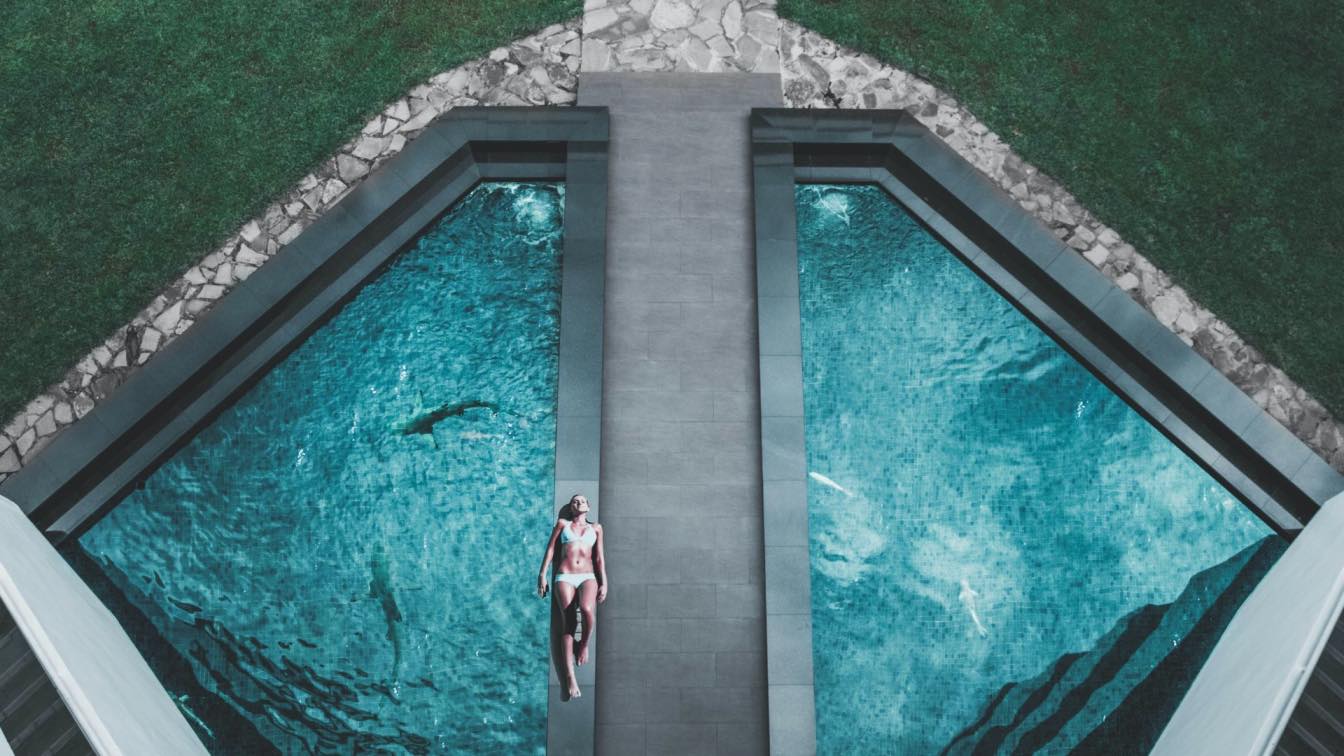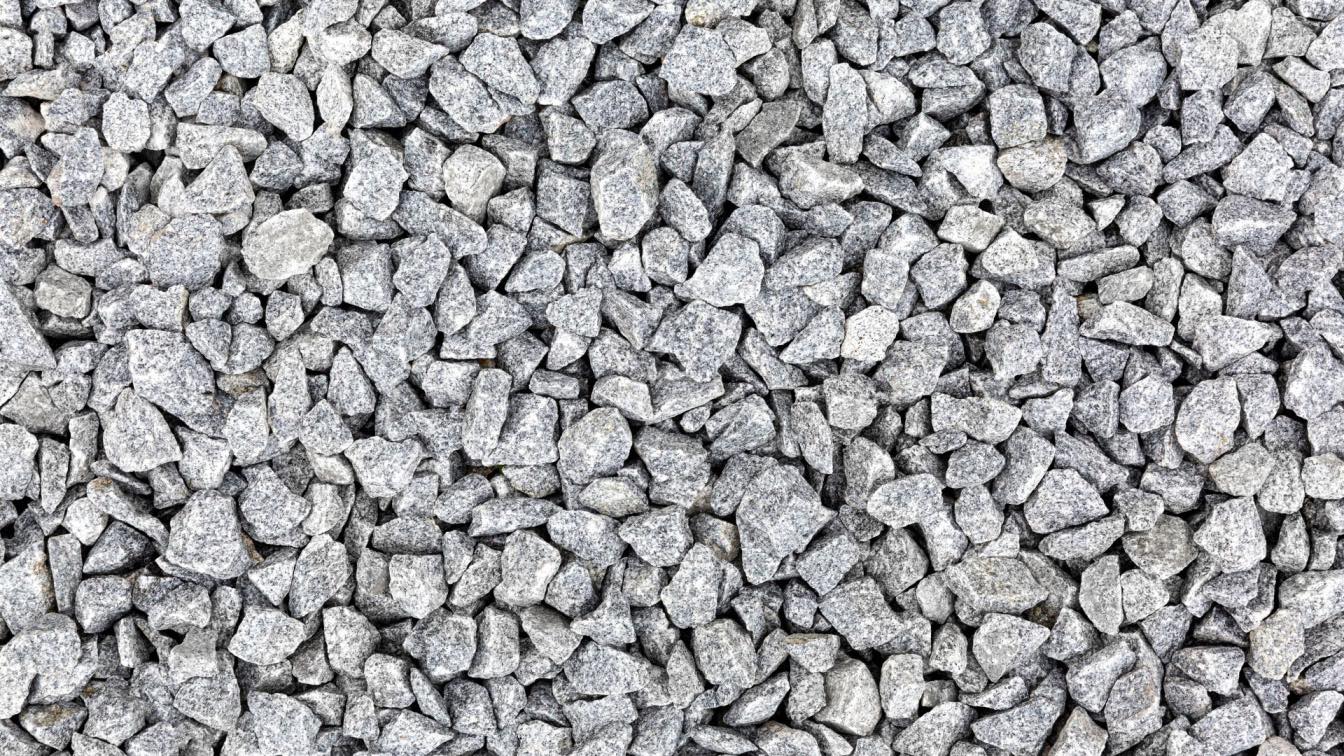The private swimming pool on your property is an excellent benefit, especially for hot summer days. However, you don’t want this stunning feature to look outdated and weathered. The pool deck surface can elevate the whole look, making your backyard feel more luxurious and well put together. From classic options like bricks and natural stones to versatile wood and rubber, there is a wide range of materials to choose from.
Let’s get inspired and learn how to find the best pool decking material to transform your patio to look like an exterior design magazine cover.
Factors to Consider When Choosing Pool Decking Materials
Many homeowners forget pool decks should be safe and durable first. You’re designing an outside area, meaning all materials and furniture should be whether-resistant and serve you long years to come. Here are the major factors you should consider when choosing pool deck surface material:
Cost: Some materials are more high-end and require an extended budget for installation and maintenance. Shop for options within your price range.
Safety: If you have or plan a family, slip-resistance of the deck is a must-have feature. No discussion. Water-absorbent material will minimize the risk of injuries and accidents.
Comfort: The last thing you want is an uncomfortable pool deck to walk on or lay on. Pay attention to the texture and heat absorbency. If you live in a sunny and warm climate, you should avoid several materials as they will be impossible to walk on during a heatwave.
Durability and longevity: The decking surface should withstand extreme weather conditions, pool chemicals, and heavy foot traffic. Otherwise, you will end up paying for maintenance and repair services or entire deck resurfacing.
Maintenance: last thing you want is to spend hours cleaning your pool deck on your day off. Find materials that require easy maintenance and cleaning.
Lastly, consider the aesthetics, ensuring the pool deck fits your house and backyard style. But remember, looks shouldn’t be the key deciding factor for you.
Now, let’s take a look at the most popular pool decking options on the market.
Pavers and Bricks
Consider bricks or pavers if you’re searching for a timeless and affordable option. Both materials come in different sizes and colors, making customization of your pool deck much easier. It’s a great option for those who prefer a more natural look.
Let’s talk about the cons:
Pavers have a complicated, time-consuming, and labor-intensive installment process. Moreover, both materials are favorable environments for moss, weeds, and algae, making regular maintenance an absolute must. Even though bricks are slip-resistant when dry, they can be much more dangerous when wet. Pavers are easy to stain and prone to color change when exposed to direct sunlight.
On the other hand, there are definitely great benefits:
- Bricks are heat absorbent and weather resistant;
- Pavers are slip-resistant;
- Both materials are easy to repair, as it requires changing only several damaged pieces.
Natural Stone Pool Decking
Elegant stone is an excellent choice for a more sophisticated and high-end design. We can see more luxurious estates using natural stone in the patio or pool deck surfacing. And if your budget allows it - why not? Even though natural stone is one of the most expensive options on the market, it’s highly durable and requires minimal maintenance. Moreover, it comes in various materials and designs, offering you many unique styling options, like granite, sandstone, or slate.
Natural stone is slip-resistant and stays cool during hot weather, making it one of the best options for pool decking. However, some types of natural stones require sealing against UV damage and staining.
Wood Pool Decking
Natural wood is a fabulous finishing touch for the swimming pool deck and patio. If you use prime materials like redwood or cedarwood, be ready to pay a great deal. Wood is one of the top expensive materials, and it requires a significant budget for maintenance services.
The pros of a wood pool deck include slip resistance, editorial looks, and exceptional heat resistance. It doesn’t get hot as other materials, making this surface one of the most comfortable for a swimming pool area.
However, wood decking needs specific maintenance to keep it looking brand-new. Besides cleaning, you should regularly seal the surface to protect natural wood from moisture, mildew, and UV damage. Wood is not compatible with chemicals most homeowners use to treat pool water. Moreover, the top can layer off with time, resulting in splintering. Unfortunately, even if wood looks like a top-tier surface, it’s less durable than other options.
Rubber Pool Decking
It might not look like it, but rubber is becoming one of the most popular options for pool decking, especially for public areas. The rubber has no significant disadvantages except color fading and discoloration over time. We’re talking about many years ahead.
Rubber stands out among other materials with enhanced safety factors:
- It doesn’t get slippery if wet;
- Rubber absorbs water fast, leaving no paddles;
- It reduces the risk of accidents;
- The bouncy and soft material serves as a cushion, minimizing injuries ( in case someone falls).
Additionally, it doesn’t heat up during intense heatwaves and is crack-resistant in sub-zero temperatures, making it an excellent option for those who live in continental climates. Due to its texture, rubber is resistant to mold, staining, and mildew. The maintenance is extremely easy, requiring only a soft detergent wash.
The rubber pool deck is a cost-efficient option and saves you money in the long run, eliminating the need for routine repairs and maintenance services.
Choosing the Best Pool Decking Material for Your Needs
All materials have pros and cons, meaning it’s up to you to decide on your priorities. As you can see, some materials are eco-friendly, cost-efficient, and safe. So, make a wise choice, whether you prefer great looks and don’t mind paying for maintenance or want to pay once and never worry about the state of your pool deck.





